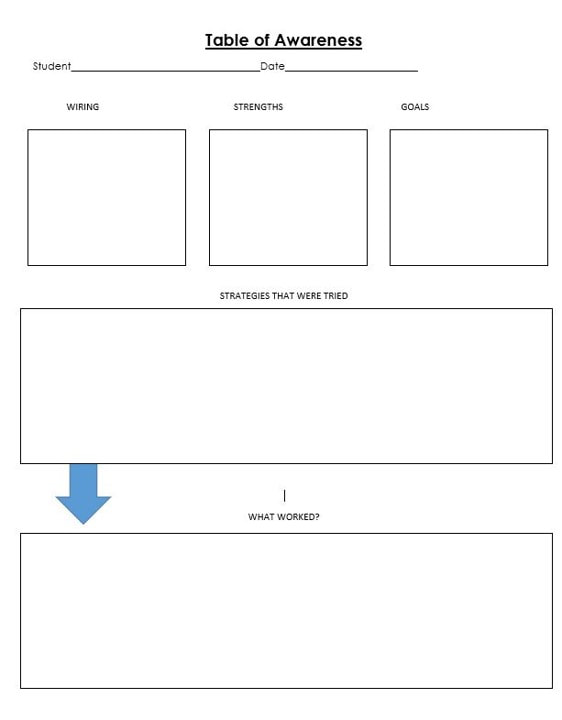Gifted Kids (GATE)
Why School can be so tough
|
|
THESE KIDS ARE NOT BROKEN!
They are just different Different is awesome Different can be very hard Playing school can be hard |
•If we understand that most maladaptive behavior is a brain-based issue vs. volitional behavioral choice maybe we will have a different perspective of this child
•Schools and academic programs are designed for "neuro-typical brains" but as smart as these kids are, they can still struggle with:
•Behavior Issues?
•Homework issues?
•Self esteem?
•Gifted brains are very unique and can present challenges despite how smart and capable they can be
•Gifted kids are in the 98% and are as statistically different from the norm as the children who fall in the 2%…how can we modify their programming so they can find success?
•Twice exceptional kids fall on both ends of this curve: these kids have other diagnoses such as LD (learning disabled), ADD (attentional deficits), ODD (oppositional defiance), OCD (obsessive compulsive), anxiety or mental health issues
•Anxiety disorders affect 1 in 8 kids
•A pilot study showed that 35% of GATE kids exhibit issues with sensory processing vs. 5% from the general population
This Gifted brains shows characteristics such as:
•Over-excitability: cognitive and sensory
•They may have a heightened ability to respond to stimuli= hyper-sensitive, overly-emotionally reactive
•The higher the level of giftedness, the more likely they experience increased responsiveness to pain, touch and smell
•The quality of an experience is different – they may see things differently
•Reality is stronger and different
•They may have trouble with ethical issues; rules matter more than play
•Asynchronous development- the intellectual, physical, and emotional developmental windows are all over... The higher a child’s IQ , the more out of sync their development is likely to be.
•Potential vs. Performance: our expectations may put these together, but often we see potential but there is poor performance
•3+5=8 today and yes, tomorrow too so these kids are often bored and avoid doing "busy work" that will contribute to them not completing homework, forgetting to turn it in etc.
BRAIN OVER-EXCITABILITY is a characteristic of the "Gifted Brain" and these are seen with signal issues too (sensory processing difficulty)
•Over-excitability are inborn and can create issues with regulation because they affect
1.Focused attention
2.Behavioral regulation
3.Social skills
4.Study habits and other school-based requirements
This makes it hard because people (society) view this child based on all these things and this can come to define who this child is
Different areas of over-excitability we may see include:
•Intellectual- incredibly active minds, intensely curious, keen observers, moral thinking
•Psycho motor- active, energetic, lots of talking, enthusiastic, need for action, compulsive, competitive, can misbehave
•Imagination- inventors, fantasy, dreamers, hard to focus in class because of tangents
•Emotional-somatic symptoms, strong emotional attachments, compassionate
•Sensual-sight, touch, smell, hearing, taste. Aesthetics, music, language and art
Similarities Between Sensory Kids and Gifted Kids:
•Need for success and fear of failure
•Rigid or narrow interests
•Difficulty with change
•Brain is processing and using more pathways and connections than the neuro-typical brain (which can mean overload)
•Heightened awareness of sensory input
•Difficulty with emotional and self-regulation (limbic system)
•Difficulty with social interactions, lagging emotional development
•Can become preoccupied with specific things
Coaching Must Teach:
Time management
•Understand the sweep of time and how it is stealing away time for fun
•Use a calendar- this is a great way to see what procrastination does to us and also gives us reminders and visuals
•Estimating how long tasks take: including non-school things
Planning and organization
•Including school work but also the flow of their day
•Materials, bedroom, locker, BINDER
•We must learn to plan in one space and time but often we execute in another
•(90% of planning happens in a different space than where the execution occurs)
•This is CRITICAL FOR MIDDLE SCHOOL WITH TRANSITIONS, DIFFERENT CLASSES, LOCKERS
Review self-monitoring and hold them accountable for the “doing”
***Coaching is done out of the moment ** (always avoid fight or flight times)
Time management
•Understand the sweep of time and how it is stealing away time for fun
•Use a calendar- this is a great way to see what procrastination does to us and also gives us reminders and visuals
•Estimating how long tasks take: including non-school things
Planning and organization
•Including school work but also the flow of their day
•Materials, bedroom, locker, BINDER
•We must learn to plan in one space and time but often we execute in another
•(90% of planning happens in a different space than where the execution occurs)
•This is CRITICAL FOR MIDDLE SCHOOL WITH TRANSITIONS, DIFFERENT CLASSES, LOCKERS
Review self-monitoring and hold them accountable for the “doing”
***Coaching is done out of the moment ** (always avoid fight or flight times)

